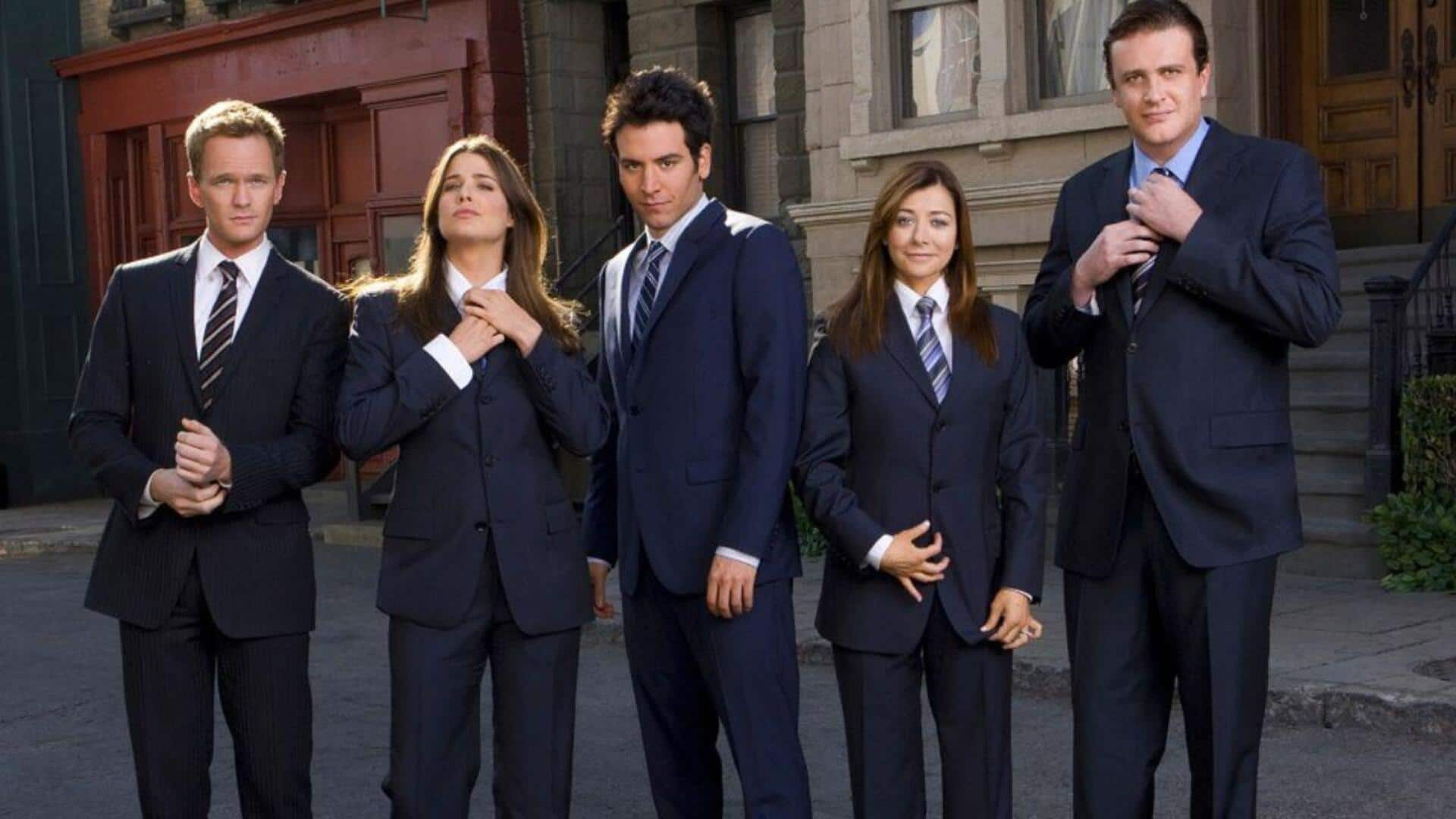
What 'How I Met Your Mother' gets wrong about love
What's the story
How I Met Your Mother is a popular sitcom that has entertained audiences with its humor and unique storytelling. However, when it comes to portraying romance, the show often misses the mark. While it provides plenty of laughs and memorable moments, its depiction of relationships can sometimes be misleading or unrealistic. This article explores some aspects where the show gets romance wrong, offering insights into how these portrayals might differ from real-life experiences.
#1
Unrealistic expectations of love
The show frequently establishes grand romantic gestures as the norm for expressing love. Although such moments are a treat to watch on screen, they can lead to unrealistic expectations in real life. Not everyone can afford lavish surprises or dramatic love confessions. In real life, the small things and how you treat your partner regularly go a long way in keeping the boat afloat.
#2
Overemphasis on compatibility
In How I Met Your Mother, the pursuit of a partner who checks every box implies that perfect matches are discovered effortlessly and without compromise. This is misleading, as it ignores the critical components of understanding and growing with each other over time. Real-life relationships flourish on mutual adjustments rather than an initial compatibility checklist, showcasing a major contrast between the show's romanticism and reality.
#3
Misleading portrayal of breakups
The series often presents breakups as quick, clean, and with minimal emotional fallout. But in real life, breakups are usually complex, emotionally challenging processes that take time to heal from. The show's simplified portrayal may lead viewers to underestimate the emotional work involved in moving on from a relationship.
#4
Idealization of romantic partners
Characters in the show tend to idealize their partners, by focusing only on positive traits and ignoring flaws until conflicts arise dramatically later on. This idealization can lead to disappointment when reality doesn't match expectations set by such portrayals. Real relationships involve accepting both strengths and weaknesses from the start.